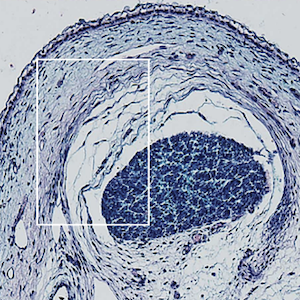Case Reports
Vol. 71 No. 3 (2019)
Infliximab in the treatment of Budd-Chiari syndrome in Behçet’s disease

Publisher's note
All claims expressed in this article are solely those of the authors and do not necessarily represent those of their affiliated organizations, or those of the publisher, the editors and the reviewers. Any product that may be evaluated in this article or claim that may be made by its manufacturer is not guaranteed or endorsed by the publisher.
All claims expressed in this article are solely those of the authors and do not necessarily represent those of their affiliated organizations, or those of the publisher, the editors and the reviewers. Any product that may be evaluated in this article or claim that may be made by its manufacturer is not guaranteed or endorsed by the publisher.
Received: 1 May 2018
Accepted: 17 July 2019
Accepted: 17 July 2019
1472
Views
876
Downloads











